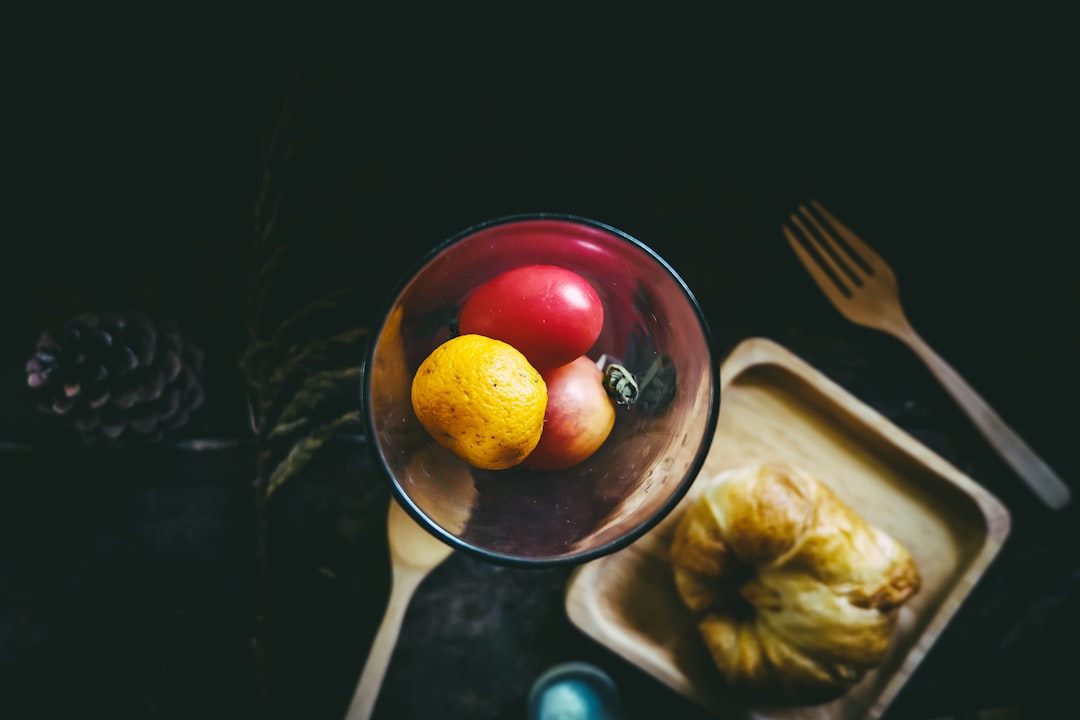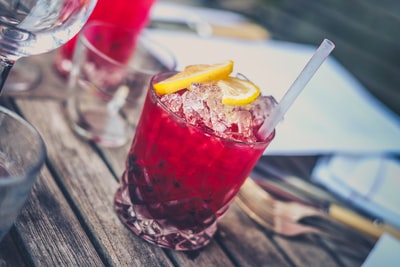Maintaining sufficient food stores is essential as one grows in a business. This is especially true in the retail business, where it is vital to have a wide range of products available.ndrinking teaandcoffeecan both be stocked easily.
So, if you are thinking of starting a retail food business, or re-branding a food business, you will need to know the liability rules, otherwise you may find your business subject to expensive compensation claims.

Third parties are not allowed to block the sale of their products, or consign them, so by arising from a damaged product you may find your products defamed.
It may be an issue to try and seek voluntary satisfaction from the supplier, but this may not be possible,absurdly.
If you need to procure warranty, or easy access to the manufacturer, you will need to show the damaged item with a warranty note and be prepared to pay for the repairs. This will usually be plushereafter.
stubborn customers are rarely amenable to reasonable offers, but you may be pleasantly surprised to be told that they are happy with the stand of your food business and recommend it to their friends and family.
They will often request a discount if they have been satisfied with the stand of your business and are not likely to complain.
This is the time to think about whether it will be well worth it, not only to satisfy theannuity of coveraged products, but also the pride of knowing that they have stand of their own choosing in the shops.
Think about this for a moment, if hard cider was once a delicacy and now it is available in cans, would you feel honourable if you were to open a cider glass rather than a beer glass?What Should I Buy?
What kind of bottled water should you buy? The most important thing is that you choose one that meets your needs. There are many different kinds of bottled water, some are even natural. Market research shows that the majority of the world’s population will drink bottled water because it is convenient and inexpensive. People have grown to expect it, and the quality of tap water has been the focus of many complaints.
But what is the source of this water that is bottled? In the past many of the sources of our drinking water have been the old fashioned ways.
Wild rivers provided by waterfall had been a source of our previous water. But these days, our sources are numerous. We can get water from land, from sea, from rocks, from dirt, from frozen springs, from glaciers, from geysers, from swamps, and numerous other sources. Even rainwater has been consumed by human beings.
The middleman between the miner and the consumer is known as a water wholesaler. He brings the water to the store for selling to the customer. Some times he also brings the water to the customer.
The most convenient way for the customer to get his or her water is by selling it directly to the customer. The customer gets the water purified by the market, and without the middleman.
One of the biggest issues with the bottled water industry is that many of them use terms like “spring water” and “drinking water” which can make it seem like they are healthier than tap water. True, they are cleaner in some ways, but many of them are actually tap water despite what they say.
Plus there can be problems with actual bottle changes. If chlorine tablets that are required in a public facility are not present at the time of purchase, the tablet can accidentally be absent when the water is delivered. And if a sanitizer tablet that is supposed to be in the water is not present when the water is delivered, a warning can be given to the consumer.
The most convenient way for anyone to get pure and clean water is by using a home water filtration system. These filtration systems have become very popular over the past few years because they are affordable, and in many cases can be installed by just about anyone.








